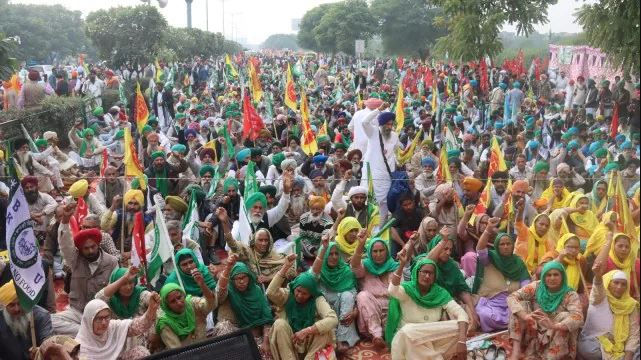How Ramadan can improve educational outcomes for students
- guru prakash
- Apr 4, 2022
- 4 min read
The strict observance of daily fasting and prayer can improve educational outcomes, research into the impact of Ramadan suggests.
The findings appear to counter concern that disrupted sleep patterns and lack of food or drink from dawn until sunset during the holy month could be harmful to health.
Study lead author Erik Hornung, professor of economic history at the University of Cologne, has revealed to The National the motivation behind the empirical analysis – and says that he, too, is surprised by the results.

"My colleagues and I are interested in understanding better the relationship between religion and education," Prof Hornung says.
"We wondered if we could study one specific aspect of religiosity where it's pretty clear that people follow very specific rules that have been thus far described as relatively detrimental [like Ramadan fasting], and see how it affects educational outcomes specifically of students who are in their adolescence.
"We were surprised to find that there seem to be positive effects from this experience on the performance of students in tests following Ramadan."
Debunking previous Ramadan studies
The principal conclusion, set out in a working paper by Prof Hornung’s team submitted to the Journal of Economic Behaviour and Organisation, completely defies those of previous studies by suggesting that the more intensive the observance of Ramadan fasting, the more educational benefits accrue.
Underpinning the research was data going back nearly 30 years from the Trends in International Mathematics and Science Study (Timss), and the Programme for International Student Assessment (Pisa). About 50 countries were incorporated into the study, a summary of which has been published on voxeu.org - a web publication set up by the Centre for Economic Policy Research.
Using Timss data, the researchers found an increase of Ramadan intensity of 1.25 hours improves both maths and science test scores by about 11 per cent of a standard deviation. No such effects were found in non-Muslim countries.
Using Pisa data from eight major western European countries, an increase of Ramadan fasting hours by 10 per cent was found to reduce the gap in Pisa test scores between Muslim and non-Muslim students by about 2.5 to 3 per cent.
However, Prof Hornung said it is not intermittent fasting that is creating the benefit. He said that it is "not what is going on here; people don't become smarter because of fasting".
In fact, the study suggests that educational improvement after Ramadan comes not from an absence of something but from an abundance of it. The "it", in this case, being company.
"We know from the literature that more religious engagement is associated with what we call social capital," Prof Hornung said. "And that basically means you have more friends, a wider circle of friends, and you're engaged in more activities.”
Those going to the mosque come into contact with a number of other people that they wouldn't otherwise meet from different social strata.
This abundance of social capital, in turn, fosters the creation of human capital. In other words, mixing with a wide range of people leads to the development of non-cognitive and character skills associated with higher educational performance, such as discipline, motivation and routine. Religious institutions effectively act as crucibles for social capital.
The conclusion that the more intensive the fasting, the greater the educational benefit is derived from the initial finding: if mixing with people in religious settings leads to social capital, then the more the mixing the more the social capital accumulated.
Prof Hornung emphasises that the effect is limited to those in their formative years, specifically between the ages of 15 and 20.
More Muslims, more social identity
His study also found an even further pronounced result in school classes with higher numbers of Muslim pupils.
"There must be some form of social effect within this class - we call it social identity," he says.
"So you observe other people observing Ramadan, you might have a shared experience with them. This is all speculative. We don't know exactly what's going on there. But we see that happening in classes with more Muslim students.
"They understand each other better, and you have access to people who are better students, maybe that you can help each other learning. Maybe you feel more at home in the classroom because you see that other people are the same as you, and that increases your educational performance."
The 2019 Timss assessment of eighth graders showed countries with a Muslim-majority population achieved substantially lower test scores in maths (439 out of 500) and science (449) than, for example, Christian-majority countries (495). Similar educational gaps between Muslims and non-Muslims can be found even when they live in the same country under the same institutional environment.
These educational disparities are actually narrowed during periods of intense fasting.
Less educational segregation?
Beyond challenging preconceptions about intensive fasting during Ramadan, the team’s paper calls into question conventional educational norms.
In many countries, pupils within year groups are divided into classrooms on the basis of their ability. While the approach may work better for existing high achievers, the problem is that it denies lower achievers access to them, thus limiting their access to social and human capital.
"My policy advice would be, allow people to have friends [from] other economic strata or social strata and that would improve their educational performance," said Prof Hornung, although with the caveat that such advice goes beyond the remit of the research.



Comments